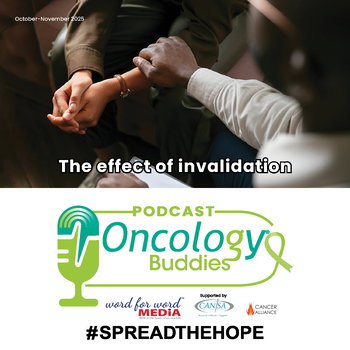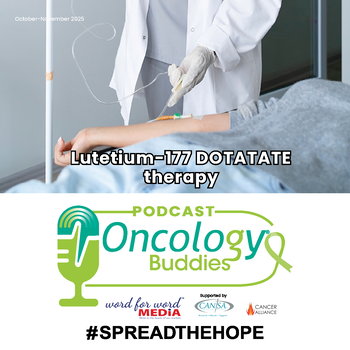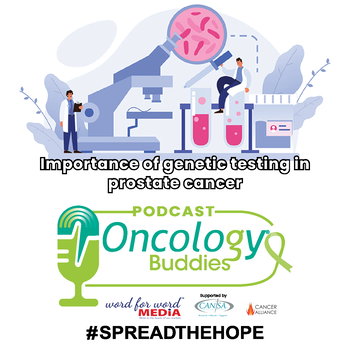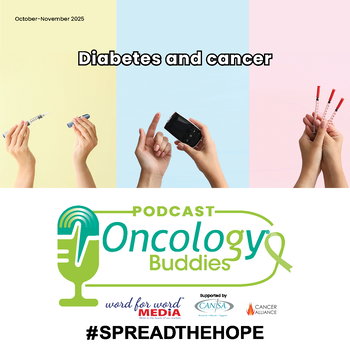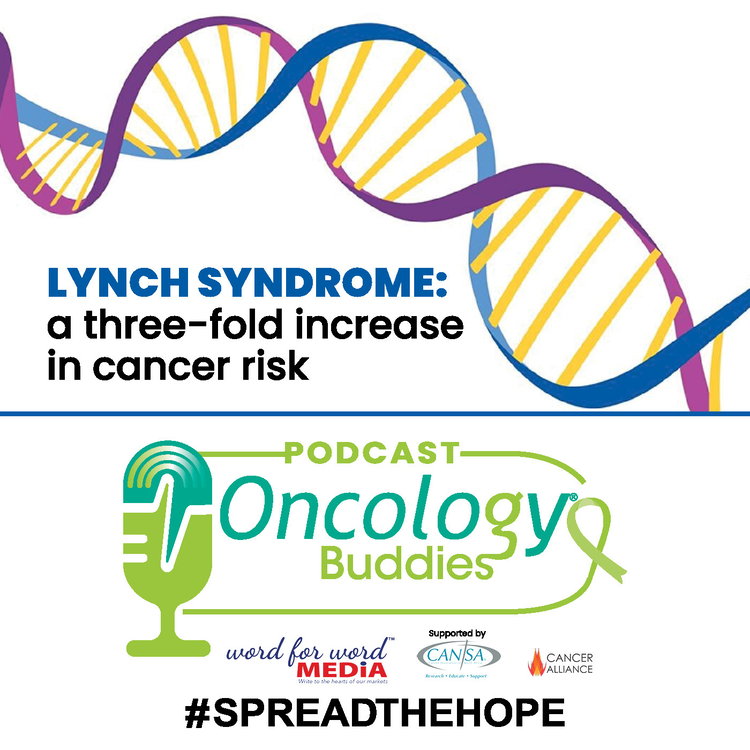
Lynch syndrome: a three-fold increase in cancer risk
Loading player...
Sebastian Barnard explains the hereditary cancer-predisposition syndrome Lynch syndrome and how it increases cancer risk.
This episode is brought to you by Accord Healthcare in the interest of education, awareness, and support. The content and opinions expressed are entirely those of the healthcare professionals and not influenced by Accord Healthcare in any way.
The cornerstone of Accord Healthcare’s offering to the South African market is exceptional quality, affordability, and service to healthcare professionals and their patients. The medicines they deliver makes it better for patients and healthcare communities all over the world.
Sebastian Barnard is a newly qualified genetic counsellor awaiting his HPCSA registration. He works at the National Health Laboratory Service in Braamfontein, where he supports prenatal, paediatric, and cancer clinics at state hospitals and lectures postgraduate students. His interests include CGH-Array interpretation and hereditary cancers; the latter he developed during his Master’s research on genetic testing for gynaecological cancers in public and private healthcare settings.
This episode is brought to you by Accord Healthcare in the interest of education, awareness, and support. The content and opinions expressed are entirely those of the healthcare professionals and not influenced by Accord Healthcare in any way.
The cornerstone of Accord Healthcare’s offering to the South African market is exceptional quality, affordability, and service to healthcare professionals and their patients. The medicines they deliver makes it better for patients and healthcare communities all over the world.
Sebastian Barnard is a newly qualified genetic counsellor awaiting his HPCSA registration. He works at the National Health Laboratory Service in Braamfontein, where he supports prenatal, paediatric, and cancer clinics at state hospitals and lectures postgraduate students. His interests include CGH-Array interpretation and hereditary cancers; the latter he developed during his Master’s research on genetic testing for gynaecological cancers in public and private healthcare settings.

